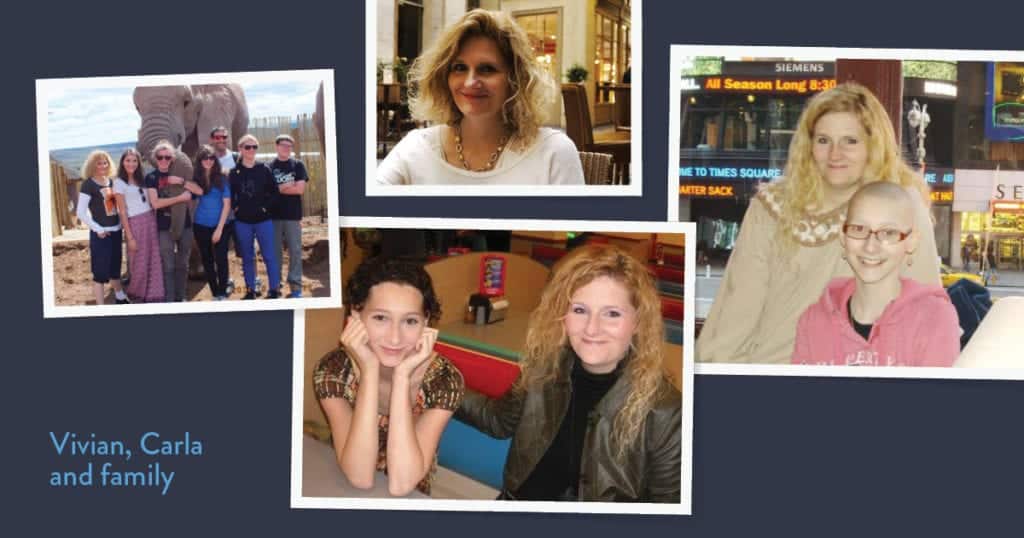A mom offers advice to help families on their journey through osteosarcoma, a rare form of bone cancer that is found in children.
Written by Carla Laws-Roseberry
Your child has cancer.
You have no idea what you will do until it actually happens. What you feared most has come true, but there is nothing you can do to change the diagnosis even though you would do anything. You will tell yourself you can’t handle this. But you can and you will. Here’s how.
1. Don’t lose yourself
The worst thing you can do is to suddenly become someone different. If you are Mom, stay Mom. If you’re Dad, stay Dad. You will fall apart a little, but quickly put yourself back together. If you must fake it, then fake it. If you were always a grouch, stay a grouch. But you must remember to eat, sleep and take care of yourself. If you need to speak to your own doctor or get therapy, then do it — do whatever it takes to stay present for your children and yourself.
2. Stick to your routines
Keep things as normal as possible; your children will find comfort in everyday routines. You will have a new normal and — believe it or not — the new normal will feel truly normal soon, but keeping family traditions, activities, work and structure intact will help keep the family together and provide a sense of stability. Cancer may be part of your family’s life, but it cannot be its entire life.
3. Accept help
If friends or family members want to do something to help you, let them. Take the casseroles. Let them walk your dogs and spend time with your other kids so you can take a nap or read a book. You only have so much physical, spiritual and emotional energy so, if there is any chance that someone can relieve you of any burden, it will benefit you and your entire family to let them.
4. Don’t shield your other children from cancer conversations
Your other children’s lives are also affected by cancer. They will be frightened, confused and may even believe that they, too, will become sick. They may fear you will abandon them. They may even resent the sick child or become angry at them. You must let them know that you are a family and will face this together as a team. Let them know how important and special they are to their sick sibling — and to you.
5. Keep your child involved in outside activities
Encourage your child to remain part of the world and not just the world inside the hospital. Take all precautions to protect them from germs and contaminants, of course, but, if their doctor approves, then go to the park and restaurants and sporting events. Your child will probably be bald. Your child will probably be thin. But they are part of the community and they are part of society. Having cancer as a child can be incredibly isolating, so take every opportunity to include them in the things they enjoy doing. They have already faced so much pain, unfairness and grief — don’t make the mistake of withdrawing them from the very life you are desperate to save.
6. Don’t be too hard on yourself
You will do things that you regret. You will wonder what you did during your pregnancy or what your child could have been exposed to that caused cancer. You will question every action and every reaction. Stop. You are imperfect, you are human, and you are the parent of a sick child. You must be the best security blanket you can be.
Do the best you can with every day but, in your private moments, remember that although there are bad outcomes with childhood cancer patients, the survival rates are better now more than ever. Many children go on to live happy, healthy and productive lives. Know that when that happens, you were part of it — you were the one to wipe the tears, elicit a laugh, watch movies all night in a hospital room or pick out the perfect wig. Your support is so much more important than you will ever know. You can do this. And you will.
If you would like to support the Osteosarcoma Institute, or a cancer mom in your life, please consider making a donating in their honor at https://osinst.org/donate.
In 2007 at age 13, Carla’s eldest daughter Vivian was diagnosed with osteosarcoma. Vivian is currently 15 years into her survivorship, and the family, which includes four siblings, has returned to life after cancer. Two of Vivian’s siblings have entered the medical field because of her diagnosis.

